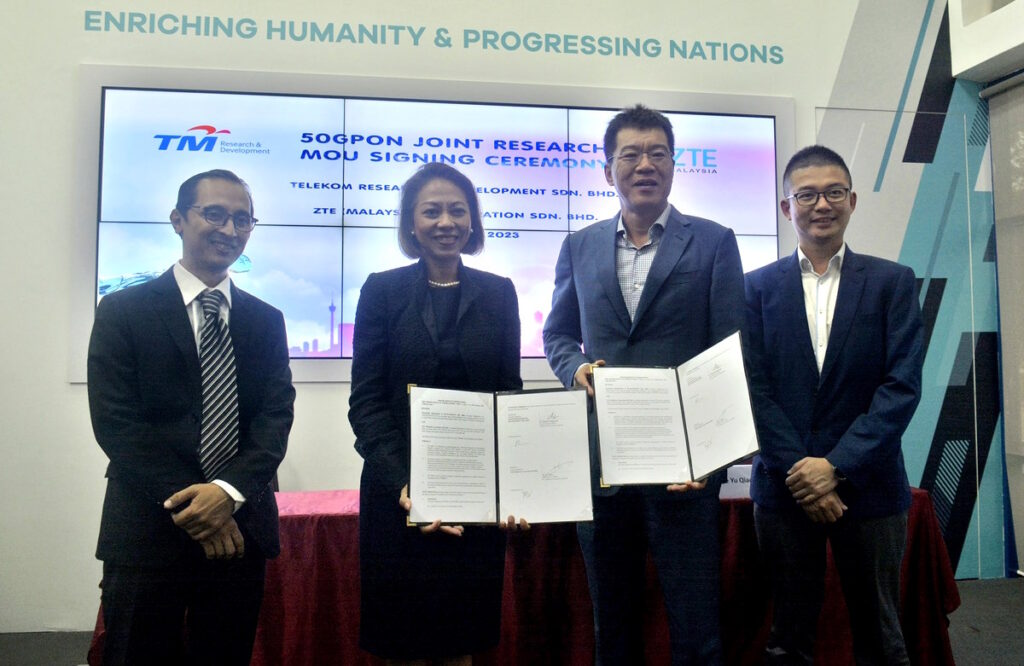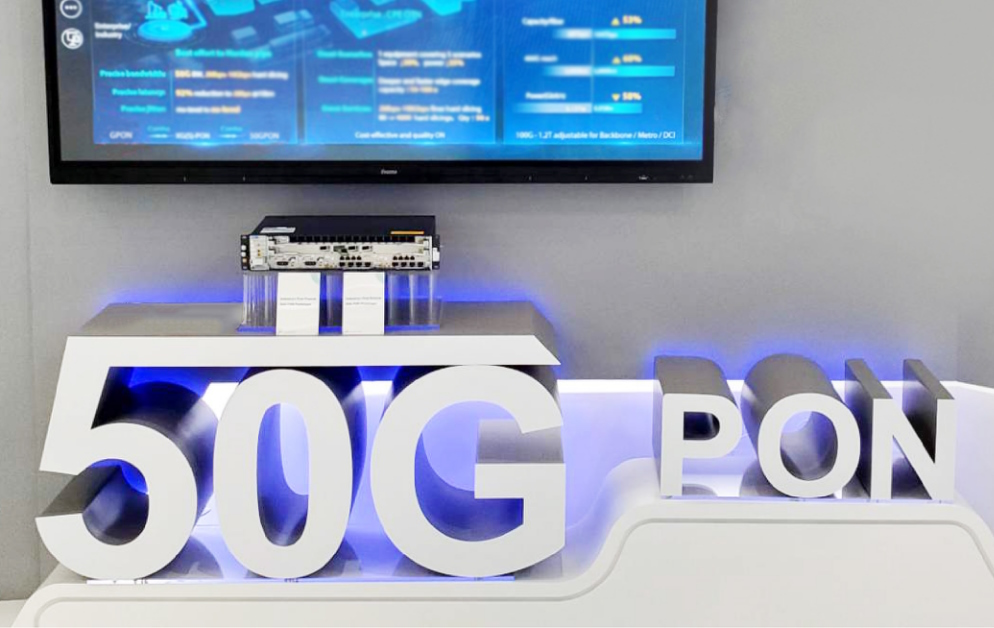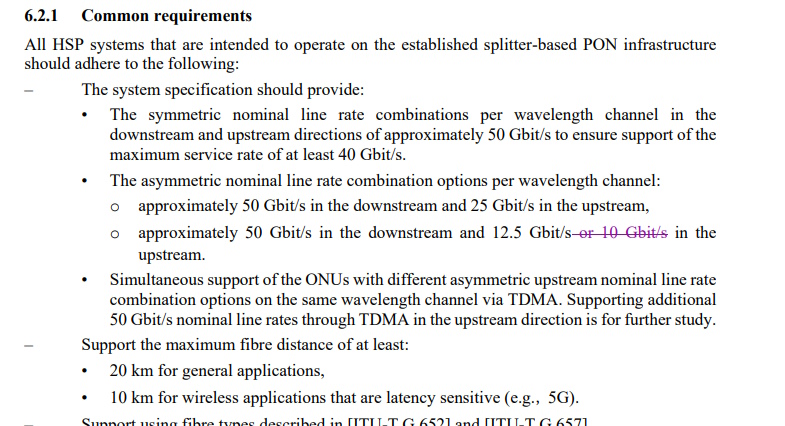Through the new Memorandum of Understanding (MoU), TM and ZTE are planning to collaborate together on optical network research and they will also be diving deep into applications that can benefit from the next-generation PON technology. Both companies noted that the technology will not only be able to provide a faster broadband experience to users but also able to help deliver bandwidth- and latency-critical applications including 5G, cloud-based virtual reality, and AI-based manufacturing. Dr Sharlene Thiagarajah, CEO of TM R&D (centre left) and Steven Ge, ZTE Malaysia’s CEO at the MoU signing. (centre right). [Image: TM.]ZTE’s 50G PON prototype at MWC 2022. [Image: ZTE.]Even though they may have just made the partnership official, it seemed that TM R&D and ZTE already hit the ground running. Together with today’s joint announcement, they have also released a photo (shown at the top of this story) which depicts the speed test result from what we assumed is a prototype 50G PON implementation at a TM R&D facility. As you can see from the image, the implementation managed to deliver a download speed of almost 44Gbps as well as close to 21Gbps of upload speed. These figures were very close to general technical requirements for the asymmetric Higher Speed PON (G.9804.1) system according to International Telecommunication Union (ITU) recommendation. Part of the G.9804.1’s general requirement. [Image: ITU]However, TM and ZTE did not reveal in-depth details behind their Malaysian prototype system though. Prior to this, ZTE also showcased similar implementation in Thailand through a collaboration with True Online which is the country’s largest fixed-network broadband company. As exciting as this next-generation PON implementation might be, the partnership between TM R&D and ZTE showed that the technology is still in its infancy. Hence, it goes without saying that it is going to be some time before you are able to experience it in real life.


